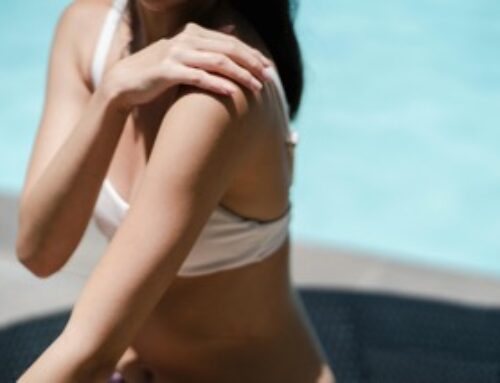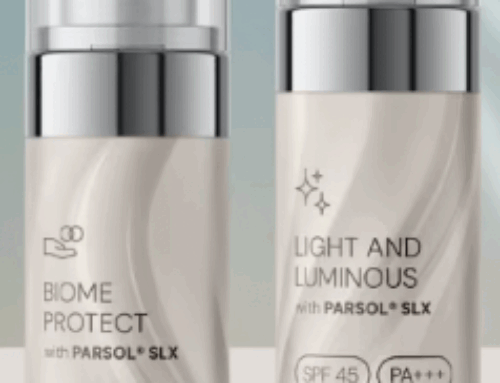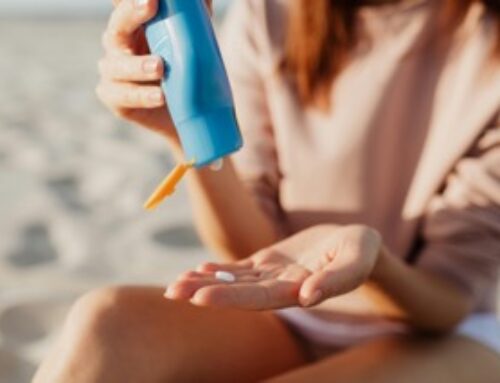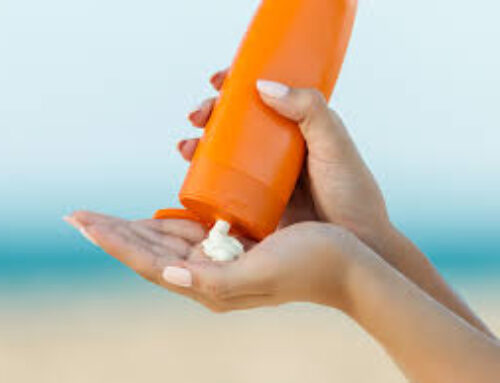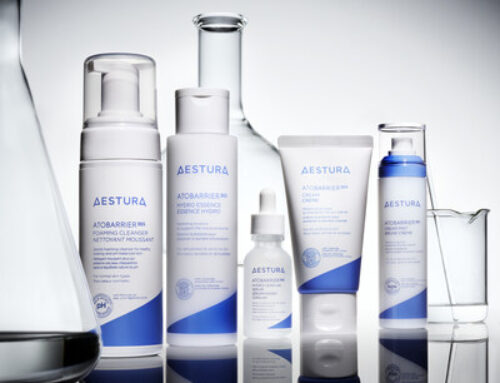More influencers are promoting Korean sunscreens on social media, claiming that those sunscreens are better than the ones produced in the United States. The claim stems from the fact that Korea has access to more UV filters than the U.S. Whereas the U.S. has 16 UV filters approved by the Food and Drug Administration (FDA), Korea’s Ministry of Food and Drug Safety (MFDS) have approved approximately 30 and are still approving new generation filters.
The U.S. has not added a new UV filter to the FDA’s approved list since 1999. The U.S. lags behind the rapid development of UV filters in other countries because it is categorized as an over-the-counter drug. OTC drugs can be approved by the FDA either through a New Drug Application (NDA) or Abbreviated New Drug Application (ANDA) or by meeting the OTC monograph requirements, which do not need premarket approval. The OTC monograph process, including for sunscreens, faced challenges with outdated guidelines due to slow rulemaking. The CARES Act of 2020 addressed this by replacing lengthy rulemaking with a faster administrative order process and enabling the FDA to collect fees from manufacturers. This has allowed the FDA to more efficiently update OTC monographs. However, the timing of this process still lags.
In Korea, sunscreen is labeled as a cosmetic product. To approve a cosmetic product in Asia, clinical safety and efficacy documentation has to be submitted to the MFDS. This process is simpler and quicker than the system for sunscreen approval in the U.S. Here is a list of some of the UV filters approved in Korea but not the U.S.
- Bemotrizinol (protects against UVA and UVB)
- Uvasorb HEB (UVB)
- Uvinul A Plus (UVA)
- Parasol SLX (UVB)
- Isoamyl p-Methoxy-cinnamate (UVB)
Innisfree Daily Uv Protection Cream Mild Spf35 Pa++ (contains Isoamyl p-Methoxy-cinnamate)
Anessa Whitening UV Sunscreen Gel A Spf50+ Pa++++ (contains Bemotrizinol)
SULWHASOO – UV Daily Essential Sunscreen Multi-Protection SPF 50+ (contains Uvinul A Plus)

